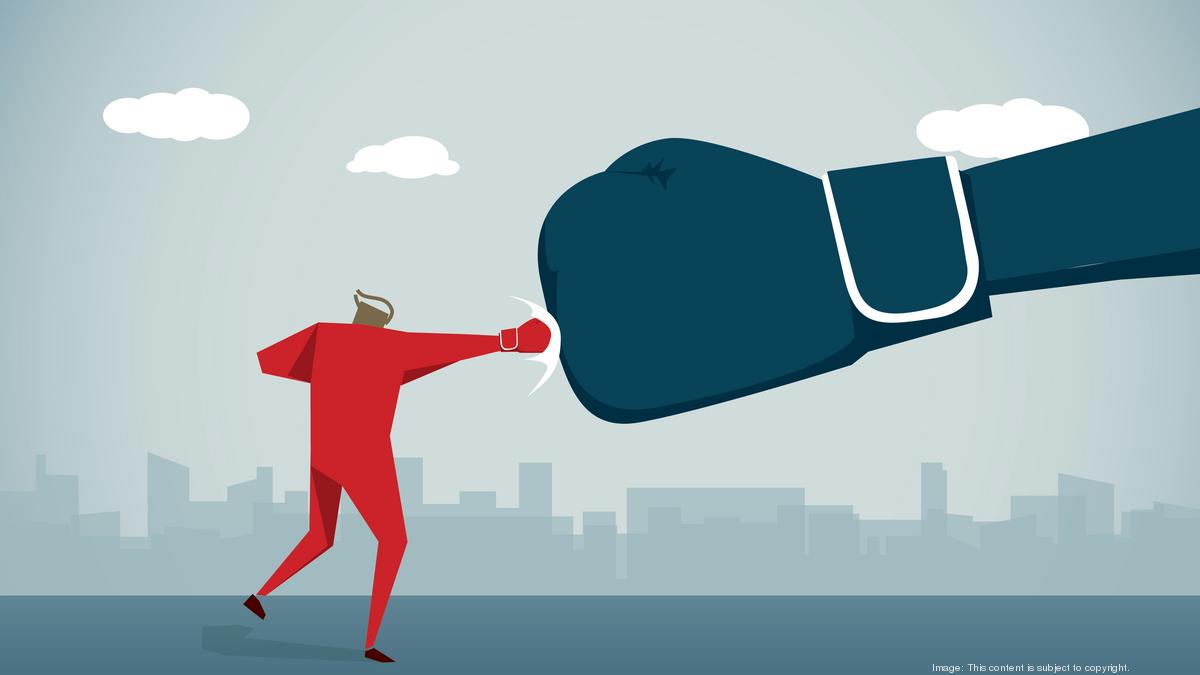


The judge ordered Microsoft to divide itself into two units: one to produce the operating system, the other to produce software. After two years of litigation, Microsoft was found guilty of violating the Sherman Antitrust Act.
BIG BUSINESSES SOFTWARE
The United States charged that the computer software company abused monopoly legislation in the way it handled its operating system and Web browser sales. In May 1998, the United States filed a suit against Microsoft Corporation. Modern trustsĪntitrust laws are still aggressively pursued in America's modern economy. On May 15, 1911, the government ordered Standard Oil to separate into thirty-four smaller companies, each with its own board of directors. Tarbell's work gave the American public the evidence it needed to demand that action be taken against Rockefeller.
BIG BUSINESSES SERIES
Tarbell (1857–1944) exposed Rockefeller's unethical business practices and his entanglement with the railroad monopoly in a nineteen-part series published in McClure's magazine. In 1914, President Woodrow Wilson (1856–1924 served 1913–21) established the Federal Trade Commission, a government department designed solely to protect the public from unfair business practices.įrom 1902 to 1904, journalist Ida M. But when Congress refused to enact his suggestions for the federal licensing and regulation of interstate companies, he had no choice but to enforce the act. He believed the Sherman Antitrust Act was foolish because in his mind, there were good trusts and bad trusts, and he believed they should be dealt with on an individual basis. Roosevelt's administration began more than forty lawsuits against companies, but the truth was, he was more in favor of regulating trusts than he was of dissolving them. He was so determined that he became known as the “trust-busting” president.

Roosevelt was a president of the people, and he strongly believed in the government regulation of business so that healthy competition could take place. It was not until Theodore Roosevelt (1858–1919 served 1901–9) became president that the Sherman Act was enforced with any regularity. This policy made shipping goods by railroad too expensive for small businesses and farmers, yet their alternatives were limited. The railroad companies set a fixed shipping price for those businesses doing more shipping, and such businesses paid a lower rate as a sort of reward. When it became clear that undercutting each other by lowering shipping rates was only hurting themselves, the companies joined forces and formed a monopoly called the South Improvement Company. ) Individual railroad companies knew that industry and farmers alike depended upon them to transport their products across the country. And because these wealthy men contributed large sums of money to political campaigns, the government was reluctant to enforce the Sherman Antitrust Act. senator John Sherman (1823–1900) of Ohio, this new law made trusts and monopolies illegal both within individual states and when dealing with foreign trade.Īlthough the law was a step in the right direction, it was not enough to stop the wealthiest men in America-like Rockefeller-from ending their unethical business practices. In response to public unrest, President Benjamin Harrison (1833–1901 served 1889–93) passed the Sherman Antitrust Act in 1890. America was growing weary of this situation. By establishing his trust, Rockefeller forced consumers to pay whatever price he wanted to charge for his oil. Families and businesses used it to heat their homes and buildings factories needed it to run their machines. Rockefeller knew America depended on oil for its daily existence. Rockefeller (1839–1937) formed the first trust in 1882 with the establishment of the Standard Oil Company. When monopolies and trusts exist, competition cannot. In a capitalist society, all businesses have an equal opportunity to thrive based on competition. Trusts also upset the idea of capitalism, the economic theory upon which the American economy is built. Owners and top-level executives of monopolies profit greatly, but smaller businesses and companies have no chance to make money at all. Monopolies develop from trusts and give total control of a specific industry to one group of companies. Trusts are problematic for several reasons. Monopolies are businesses that have total control over a sector of the economy, including prices. Trusts are the organization of several businesses in the same industry and by joining forces, the trust controls production and distribution of a product or service, thereby limiting competition. The loudest outcry was against trusts and monopolies. Consumers were forced to pay high prices for things they needed on a regular basis, and it became clear that reform of regulations in industry was required. By the late nineteenth century, big businesses and giant corporations had taken over the American economy.


 0 kommentar(er)
0 kommentar(er)
